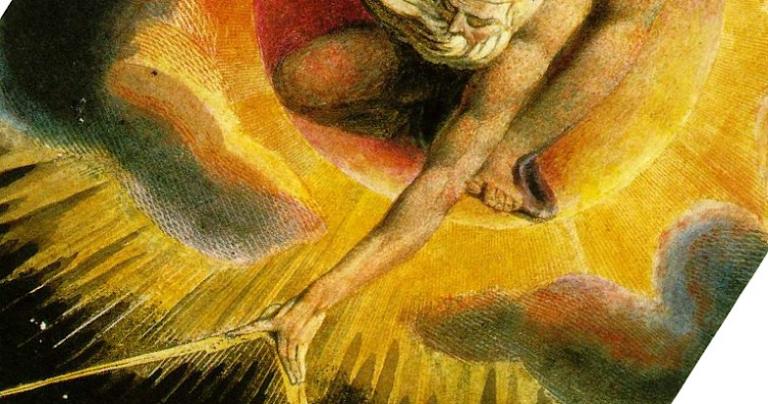 Good Advice from a Good Professor
Good Advice from a Good Professor
Don’t reject an argument nobody is making. This good advice came from a professor who was explaining that what I thought was a problem in an argument was indeed a problem, but sadly for me this was not an argument anyone relevant to our discussion was making.
I had misunderstood what was being said. Clarity ensued and my learning continued! Over time the same professor helped me with a second bit of advice, argue with the best, not the worst, version of an argument you do not like. Don’t drop the mic and get an easy win when a little bit of tweaking could save the argument from your objection.
As a teacher helping college students clarify arguments and finding charity in understanding those arguments, especially ones they do not like is an important bit of work.
Plato’s Timaeus and His Premise
In Timaeus, Plato creates the ideal philosopher and student of nature: Timaeus.* The sage is given the bulk of the dialog to explain the creation of the cosmos and of all that it contains. While many of the details of his scheme are wrong, the dialog helped produce the scienctific revolution by emphasizing the importance of mathematical modeling to science and the provisional nature of any natural explanation. In his open philosophy of science, Timaeus gives us the best hypothesis he can (a “likely story”). If we can develop a better account, however, Timaeus would be glad to adopt it! He is open to personal and material agency. Timaeus holds that some events are caused by mind and others by matter following the rules of matter’s nature.
In looking at the cosmos, Timaeus asserts:
Now everything that comes to be must of necessity come to be by the agency of some cause, for it is impossible for anything to come to be without a cause.**
A Mistake Some Smart People Make
Both in class and on social media I often have run into people who make a very elementary mistake about this premise. They think Timaeus (and later thinkers who agree with him) are asserting that everything has a cause. If this was true, then one could simple ask: “What caused God?”and Timaeus look foolish.
This is a conclusive refutation of a premise Timaeus is not asserting, however. Timaeus is saying every effect has a cause. Given previous Platonic arguments that “being” is unchanging and eternal while the cosmos changes and so cannot be eternal, Timaeus asserts that the cosmos is an effect. All effects have causes, so he looks for the cause of the cosmos.
This confuses some students and more than one Internet atheist. Timaeus is not saying everything has a cause. Effects have causes, but not all causes have causes! This matters since this makes the argument harder to refute. Timaeus knows that the cosmos might be the “first” (or uncaused) cause.
None of this proves Timaeus’ argument that a Divine Craftsman made the cosmos is persuasive. We have not even given his argument ! However, we know what Plato has Timaeus say and what he is not saying. Nobody could refute Timaeus by simply saying that “not all causes are effects.” Nobody could refute his case by pointing out the cosmos itself may be an “uncaused cause.”
He knows this is true.
However, if the cosmos is an effect, then it needs an adequate cause. Timaeus sets out to give one. Critics should make sure that they begin with his argument and not roll to victory over their own misunderstanding of what was said.
That’s a simple point: an effect can be cause itself (or not!), but it will always have a cause.
Listening carefully to what a thinker is saying helps avoid this kind of foolish error. May the good God help me to:
1. Answer the arguments thinkers are making, not the one I wish they were making
2. Help my opponent make his or her best argument, not just dunk on the error.
3. Assume a thinker means exactly what he or she is saying and take that seriously/
Here Endeth the Lesson for Me.
———————
*Though I disagre with part of his thesis, the commentary of AE Taylor, who was also (!) a Christian apologist remains the most illuminating for any given passage.
*Zeyl translation of 28a Timaeus.













